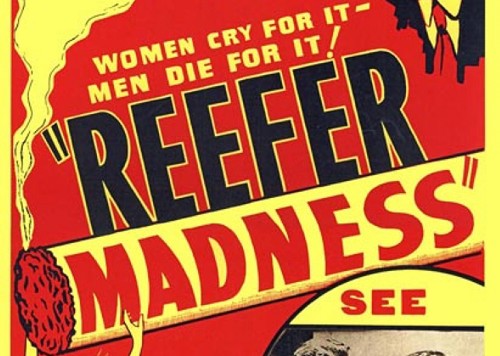 “The transgender thing is incredible,” said former president Donald Trump in late August, addressing the Moms for Liberty “Joyful Warriors” summit in late Washington. “[Y]our kid goes to school, and he comes home a few days later with an operation. The school decides what’s going to happen with your child.”
“The transgender thing is incredible,” said former president Donald Trump in late August, addressing the Moms for Liberty “Joyful Warriors” summit in late Washington. “[Y]our kid goes to school, and he comes home a few days later with an operation. The school decides what’s going to happen with your child.”
Wait … what? That’s not true. That’s not even close to true. The next time a kid comes home from school with different genitalia courtesy of government medical “generosity” at taxpayer expense, with or without express written parental consent, will be the first time.
But Trump said it, and some people no doubt believe it — because Trump said it.
Trump, the demagogue, is a midwife, always attempting to deliver the next big moral panic (“widespread feeling of fear that some evil person or thing threatens the values, interests, or well-being of a community or society”).
The members of every audience he addresses, directly or indirectly, are the prospective mothers.
Their credulity is the birth canal.
Fear is the bouncing baby [insert random gender identity here].
Fear is also the single most effective tool in a politician’s arsenal.
Fearful people are more likely to support politicians who pose as their savior — even if their fears are completely unfounded, and even if those politicians were the ones who scared them in the first place.
Where you find fear, you’re likely to find lies as well. Why? Because lying to you is easier for a politician than discovering you’ve been lied to is for you.
Most people want to believe what they’re told, especially by those who claim to support and defend their interests.
Many of those people, once lied to, close their minds to the possibility that they HAVE been lied to, no matter the actual evidence.
And both groups, are, in different measure, more likely to support the politician who lied to them … because they’re afraid, and believe that politician can and will “save” them.
No, Donald Trump isn’t the only demagogue out there. In fact, he’s not the only demagogue in this particular presidential race. Or, probably, in whatever room he happens to occupy at the moment.
He is, however, the best EXAMPLE of a demagogue currently on offer because his fear-inspiring lies are so over the top, so hare-brained, and so easily disproven that they don’t require reams of fine print analysis to rebut. Only the naive and credulous believe them for even a moment, and only the MOST naive and credulous believe them for more than a few minutes.
Unfortunately, he tells so many whoppers that an enthusiastic, if small, constituency exists for each one. He’s building a Coalition of the Afraid.
Oh, for emergency contraception against moral panic.
Thomas L. Knapp (Twitter:@thomaslknapp) is director and senior news analyst at the William Lloyd Garrison Center for Libertarian Advocacy Journalism (thegarrisoncenter.org). He lives and works in north central Florida.
PUBLICATION/CITATION HISTORY


